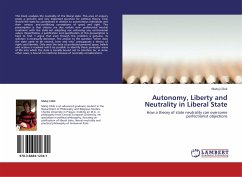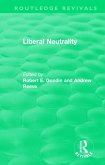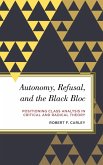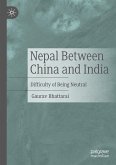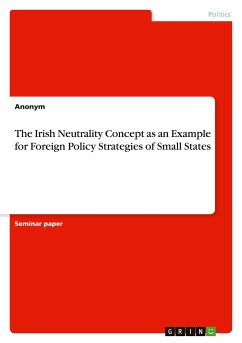This book analyzes the neutrality of the liberal state. This area of enquiry poses a genuine and very important question for political theory: how should the state be constrained in relation to autonomous individuals and their various and conflicting conceptions of good and right. The presumption is that citizens are due certain non- preferential neutral treatment with the state not adopting nor enforcing any controversial values. Nevertheless, a justification and specification of this presumption is hard to find. I argue that even though this problem is genuine, its sollution is necessarily derivative. The answer to the question when does the state need to be neutral, how and why presupposes a theory of rights and liberties. Only once the issue of protected personal space, beliefs and actions is resolved will it be possible to identify those particular areas of life into which the state is morally bound not to interfere (or, in some other cases, is bound to interfere) because ofneutrality considerations.
